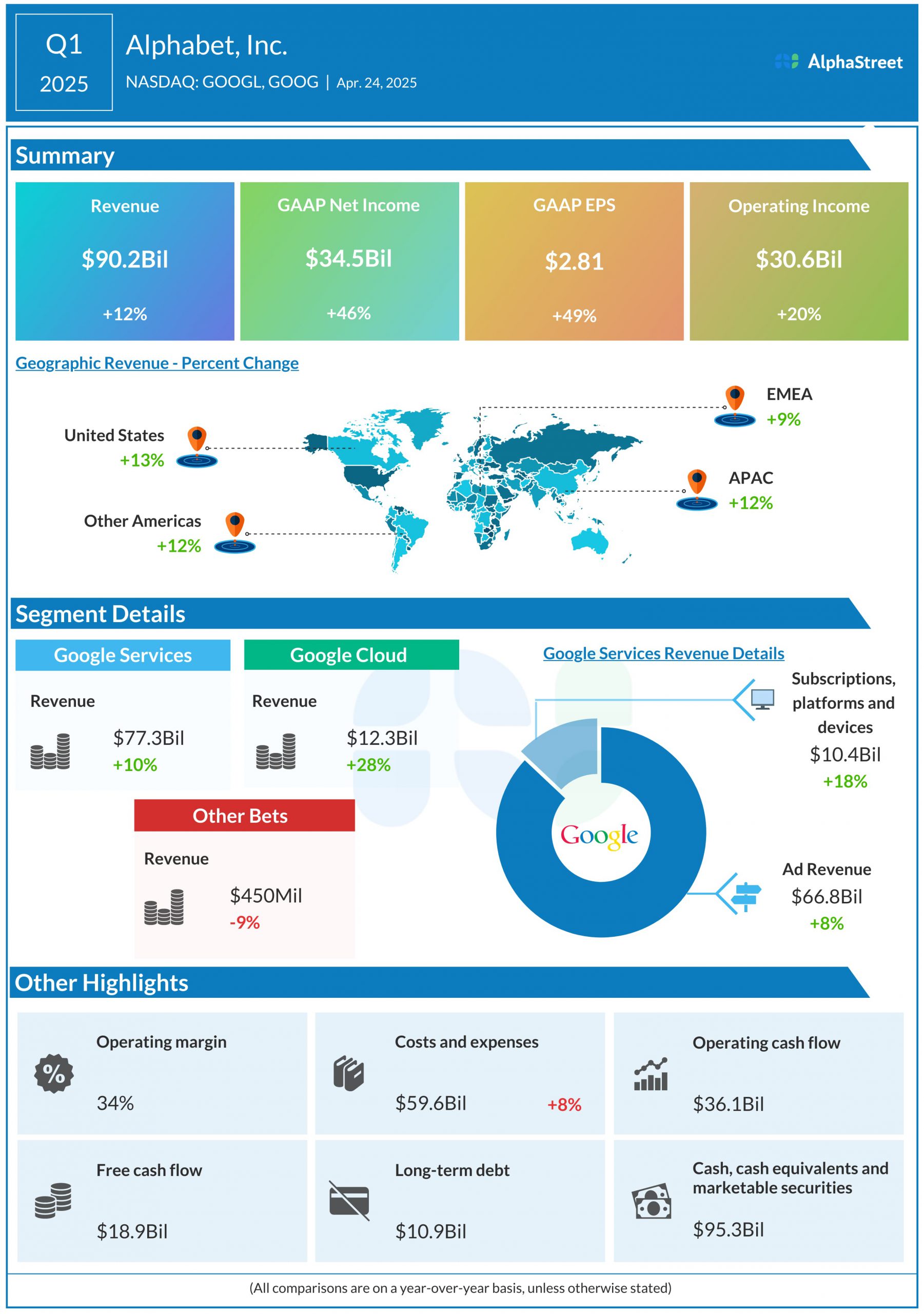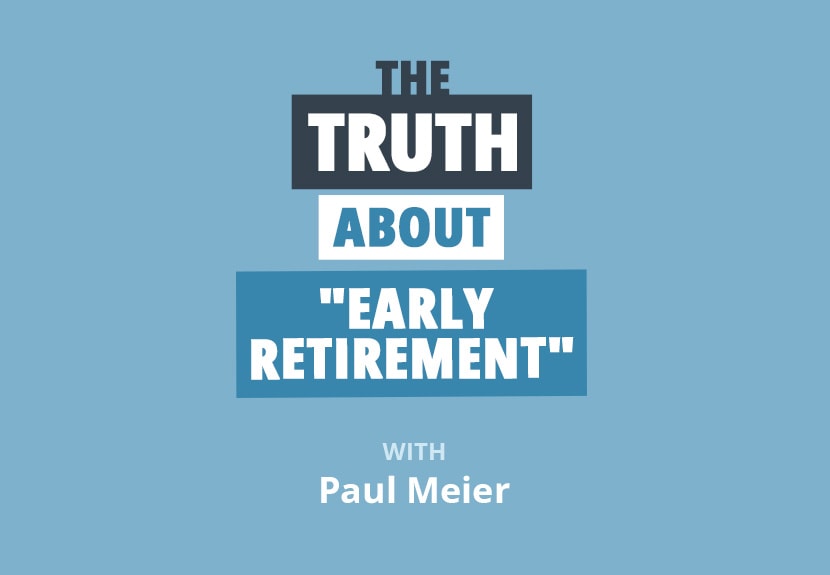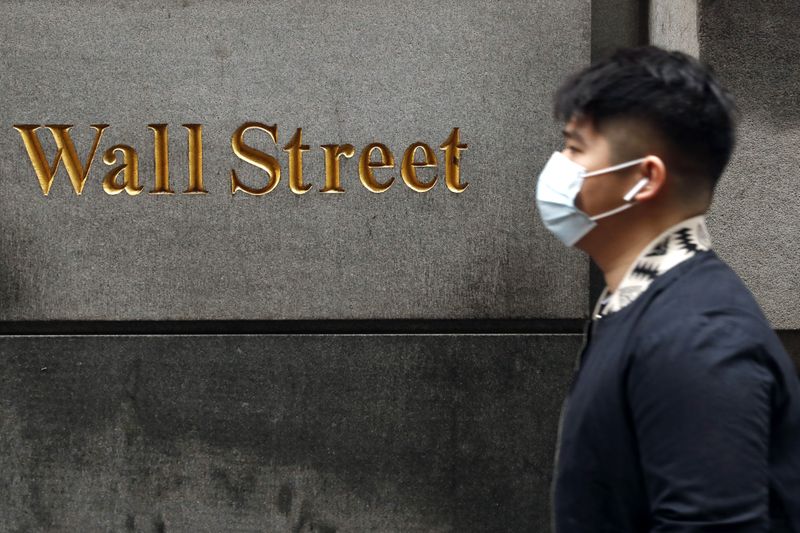Noel Quinn, chief executive officer of HSBC Holdings Plc, right, Mark Tucker, chairman, center, and Peter Wong, deputy chairman, during the bank’s shareholders meeting in Hong Kong, China, on Monday, April 3, 2023. HSBC’s senior executives faced its Hong Kong shareholders from retirees to taxi drivers as the lender seeks to fend off a push in Asia to split the bank. Photographer: Paul Yeung/Bloomberg via Getty Images
Bloomberg | Bloomberg | Getty Images
HSBC shareholders are set to vote on proposals at the bank’s annual meeting Friday, including on whether to spin off its Asia business.
Resolution 17 and 18 on the agenda, tabled by a group of investors led by Ken Lui, call for a “strategic review” of the company, including the spinoff proposal and fixed dividends.
related investing news

These motions have received support from HSBC’s top shareholder Ping An Insurance, which expressed similar views to Lui in a statement.
In March, HSBC advised investors to reject the two resolutions, a stance that was supported by investor advisory firms ISS and Glass Lewis.
On Tuesday, HSBC reported a better-than-expected set of first-quarter results and restored its quarterly dividend.
Speaking to CNBC’s Emily Tan on Friday ahead of the meeting, Lui said that “some of the actions I took put pressure on management, so it delivered a better-than-expected report. I’m satisfied with the performance this quarter. We’ll continue to monitor the conduct of the management.”
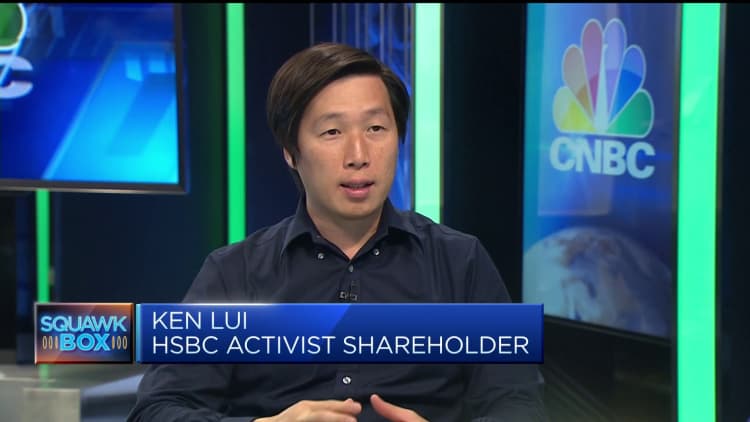
However, HSBC CEO Noel Quinn has pushed back on Lui’s resolutions, previously telling CNBC on April 14 he does not believe that fixed dividends are “wise corporate governance and wise capital management for a bank.” He said a dividend payout ratio is more balanced and “is the model of the industry.”
Last month, HSBC said spinning off its Asian business “would result in material loss of value for HSBC shareholders.”
Quinn said management is already improving the performance of the bank and is on a “very good trajectory.”
The “special resolutions” require 75% of votes to pass, but Lui expressed confidence.
“When I submitted these resolutions, I was very confident that both of them will be passed because they can stimulate the share price to go up. As a shareholder of HSBC, even if you don’t support it, you also shouldn’t vote against it,” he said.
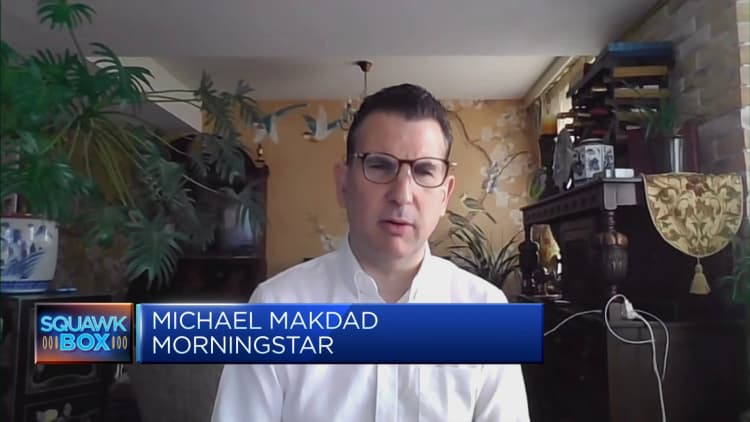
Michael Makdad, senior equity analyst at Morningstar, said he personally does not expect these resolutions can clear the 75% hurdle. But he told CNBC’s “Squawk Box Asia” that the proposals reflect a longer-term issue “that’s not likely to go away for HSBC.” He predicted the bank will continue to see activist or leading shareholders putting pressure on management going forward.
Makdad said a lot of the pressure comes from the fact that HSBC operates in many countries around the world, but derives most of its profitability from its Hong Kong and the U.K. units.
“It would make sense to simplify the structure. However, as a bank, it’s not easy to simplify it,” he said.
He pointed to HSBC’s attempts to sell its French retail unit as well as its Canadian operations. “If that goes through, that’ll be great. But all of these things take time, and it’s not simple.”
In light of the banking sector’s recent woes in the U.S. and Europe, Makdad is quick to add that these do not mean that HSBC is a troubled bank.
“It’s just a bank that has some great operations [in] Hong Kong, and other places. Iit has some very profitable, very strong operations. And then it has other operations that maybe it doesn’t need,” he said.
Shares of HSBC in Hong Kong were trading 0.6% lower on Friday.
The annual meeting is scheduled to begin at 6 p.m. Hong Kong time.





